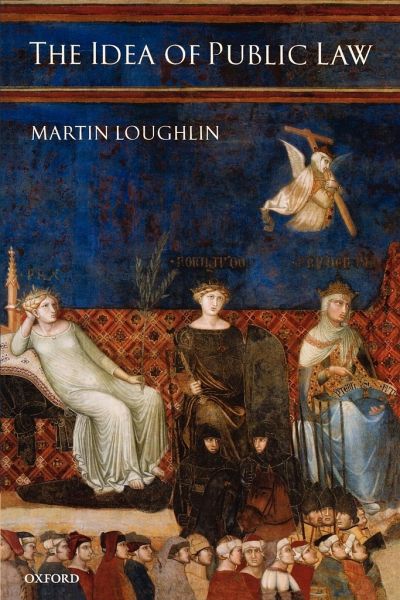
The Idea of Public Law

PAYBACK Punkte
34 °P sammeln!
This book offers an answer to the question: what is public law? It suggests that an adequate explanation can only be given once public law is recognized to be an autonomous discipline, with its own distinctive methods and tasks. Martin Loughlin defends this claim by identifying the conceptual foundations of the public law: governing, politics, representation, sovereignty, constituent power, and rights. By explicating these basic elements of the subject, he seeks not only to lay bare its method but also to present a novel account of the idea of public law.
bThis volume argues that public law must be treated as a special, indeed autonomous, subject and that the root cause of many of the difficulties and controversies that have arisen within both contemporary jurisprudence and also in the practice of public law have arisen because this argument has been neglected, and even suppressed. In this volume, Craven explores the nature and method of public law, and offers a novel account of the idea of public law.


